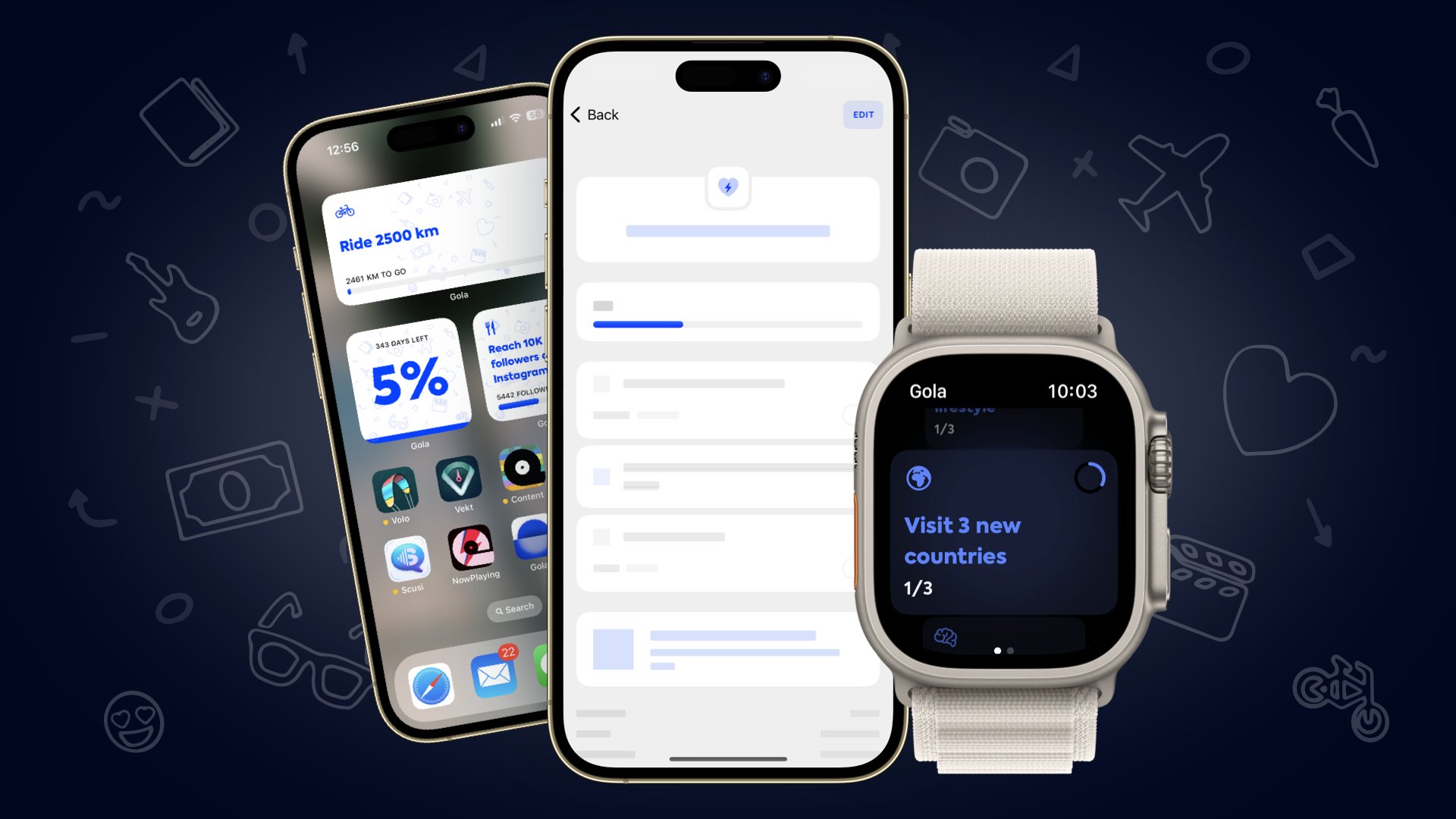
One of the most significant inventions of the 20th century was probably wireless internet technology. Our computers, smartphones, and navigation systems can all receive data wirelessly thanks to it. Internet technology, however, is not flawless. It is susceptible to a variety of interference, such as that caused by competing wireless signals, solid objects, and even bad weather.
To comprehend wireless interference, you must first be aware that all transmitters, including satellites, radios, and cell towers, emit ultrasonic waves that the receiving antenna picks up. The transmitter and receiver must have a continuous line of sight for the best performance. That explains the height of cell towers and the use of multiple spacecraft by satellite networks at various orbital locations.
Real-world circumstances, though, are rarely perfect. Signals become weaker as they travel to your device due to factors like airborne dust, trees, and even interior walls. These objects prevent electromagnetic waves from passing through them, which causes the signals to be deflected and fragment, resulting in disruptions like static in your car radio or data loss over the internet.
When data is lost, the transmitter retransmits it, slowing down the download speed to your device.
Signals weaken because of bad weather for the same reason. Because the signals between the source and the receiver are also disrupted and deflected by water, cloud, rain, and fog.








